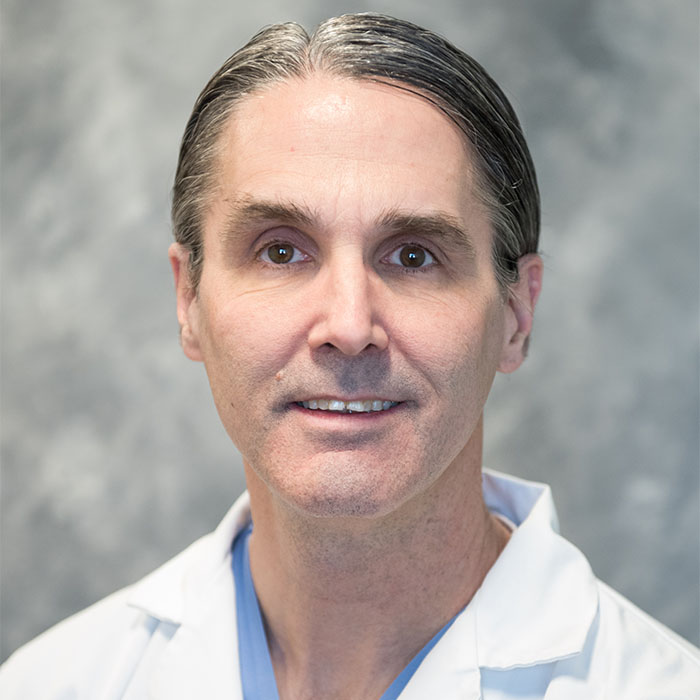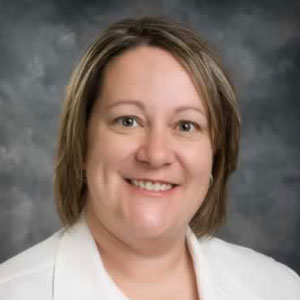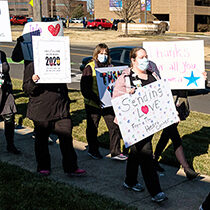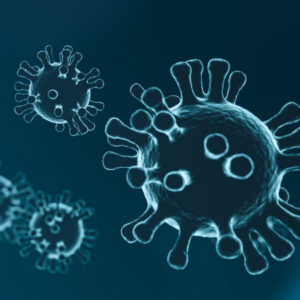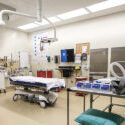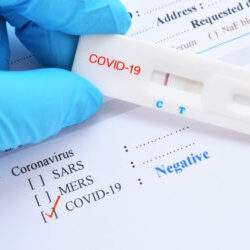Emergency & Express Care
When unexpected injuries happen, quick, quality emergency care is crucial. Our highly trained specialists in our Emergency Department, Trauma Center, Express Care facilities and Primary Care locations quickly diagnose conditions, develop treatments relieve symptoms and provide care for minor to life-threatening injuries and illnesses.
When Do You Need Emergency Care?
A medical emergency means one thing: You can’t wait.
If you have a life-threatening situation, call 911 to have a medical team come to you, or go to the nearest Emergency Department. We are here for you 24/7 with emergency and trauma certified medical response teams.
Emergency Care vs. Express Care
Which one should you go to?
Some patients are unsure about the difference between emergency care and express care, also called urgent care. Both provide immediate medical care when you can’t wait for an appointment, but they are very different. Below are some examples of where you should go when you are experiencing different health conditions.
Call 911 when you need immediate help, especially in the following situations:
Choking or inability to breathe
Loss of consciousness
An injury to the neck or spine
Severe burns over a large portion of the body
Seizure
Heart attack symptoms, such as chest pain or pressure, or pain in the jaw or arm
Stroke symptoms, such as a sudden inability to move, speak, see, or understand, and a sudden weakness or “drooping” on one side of the body
Inhalation of poisonous fumes or smoke
Uncontrollable bleeding
A broken bone that’s pushing through the skin
A severe allergic reaction, such as breathing difficulty, swelling, hives
Drug overdose
Having suicidal thoughts
Our Express Care clinics can handle medical problems that need fast treatment, but are not life-threatening emergencies, including:
Persistent high fever
Persistent diarrhea or vomiting
Ear pain
Painful urination
Fractures, strains, and sprains
A deep cut that needs stitches
Infections
Skin rashes
Back pain
A mild burn
Treatments and Services
Firework Safety Prevention

“And the rocket’s red glare, the bombs bursting in air, gave proof through the night that our flag was still there.” – The Star Spangled Banner Every Fourth of July, people throughout the United States set off fireworks to celebrate our independence from Britain. The fireworks symbolize bombs bursting in air to remind us of…
We Together Celebrate Emergency Department Team Members
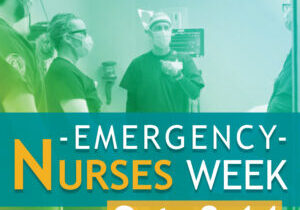
Oct. 8–14, 2023 Emergency Nurses Week takes place each year during the second week of October. This weeklong observance recognizes the crucial work emergency nurses provide their communities daily. We are immensely proud of our Emergency Department and want to acknowledge every team member’s contributions. We are grateful for your resilience and diligence! As emergency…
Continuing Your Care
We are constantly evaluating the changing needs of the community. But we also believe high-quality care meets both the community and the individual’s needs.
After you’re discharged from the Emergency Department, you may work with a case manager who will follow up with you to answer any questions about the medical advice given by your physician, or about self-care at home.
If you need further treatment, we will send your medical charts to your primary care provider, who can be your go-to for follow-up care.
This is especially important if you have a chronic condition, such as diabetes or asthma. Managing that condition well can prevent episodes that require emergency care.









